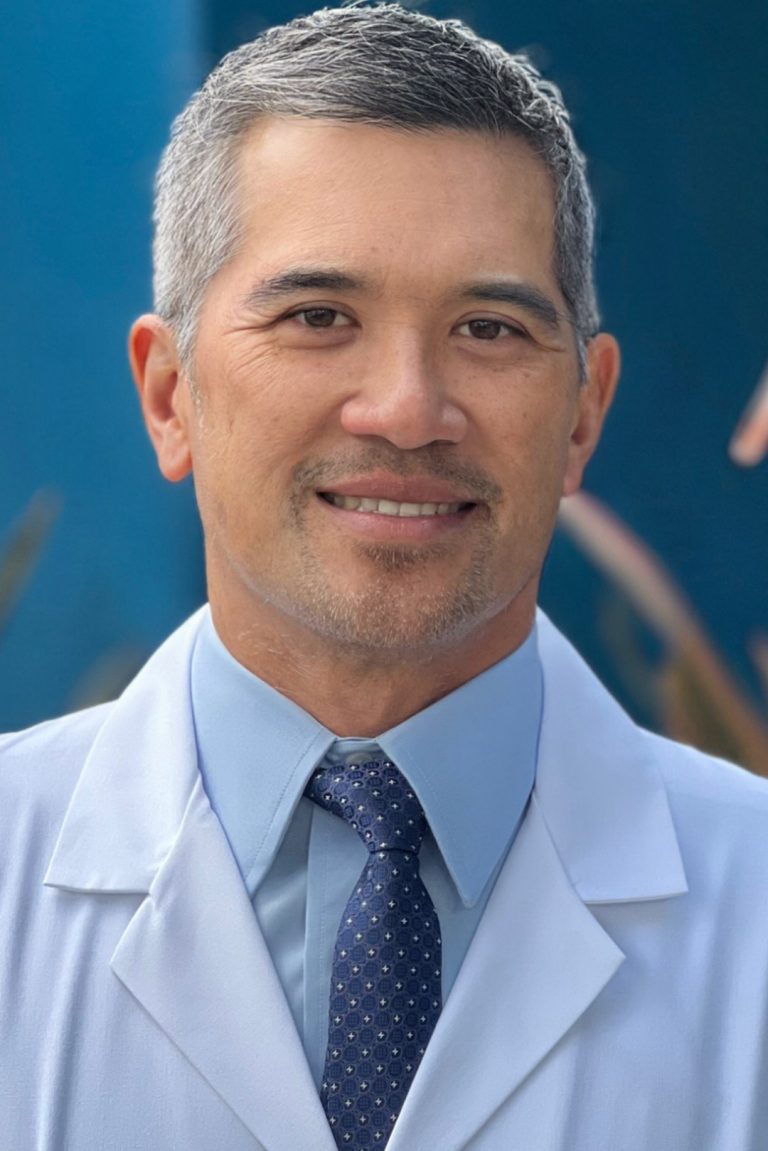After my residency in Physical Medicine and Rehabilitation, I completed a 1 year fellowship in Pain Medicine, becoming board-certified. I was trained in what was, at the time, standard of care for treating chronic pain. Unfortunately, after practicing pain management for a few years after my fellowship, I became acutely aware that the standard of care was not making people better.
By the time a patient gets to the office of a pain management specialist, they have usually already tried over-the-counter medications like ibuprofen and tylenol. Standard of care for chronic pain back in 2005 included a thorough history, physical exam, imaging as needed, injections if warranted, and short acting opioids if the patient had failed ibuprofen and tylenol. If short-acting opioids were required around the clock for pain control, then standard of care was to convert them to long-acting opioids. While the goal was to decrease a patient’s pain, improve their quality of life, and improve their functioning to allow return to work and life’s activities, that was rarely the outcome. I found that patients who were prescribed ever-increasing doses of opioids for continued complaints of pain tended to lose function rather than regain it.
Alternative methods of pain management including prolotherapy, exercise, acupuncture, homeopathy, optimizing nutrition, meditation, mindfulness training, massage, and yoga were not considered standard of care. I found that my patients who successfully functioned despite chronic pain were the ones who were participating in regular exercise and alternative pain therapies.
An integrative approach to pain management includes the standard of care, which might mean analgesic medications, adjuvant analgesics like nerve-calming medications (traditionally seizure medications and antidepressants), viscosupplementation for arthritis, but also warmly embraces the holistic approaches that have been tried and true through time. In order to help a person to feel their best, the whole mind and body needs to be seen as one. Labs to discover hormone imbalances, heavy metal toxicity, vitamin or mineral deficiencies, microbiome issues, and MTHFR genetic mutations may allow for improved symptoms once discovered and corrected.
Pain is a prevalent symptom and negatively impacts quality of life. My goal as an integrative physician is to help determine all of the factors maintaining a pain symptom to allow treatment from both an Eastern and a Western perspective.
–
Dr. Bren Boston is our Director of Pain Management and Sports Medicine, you can schedule an appointment with her by emailing us at info@akashacenter.com, or calling 310-451-8880



















